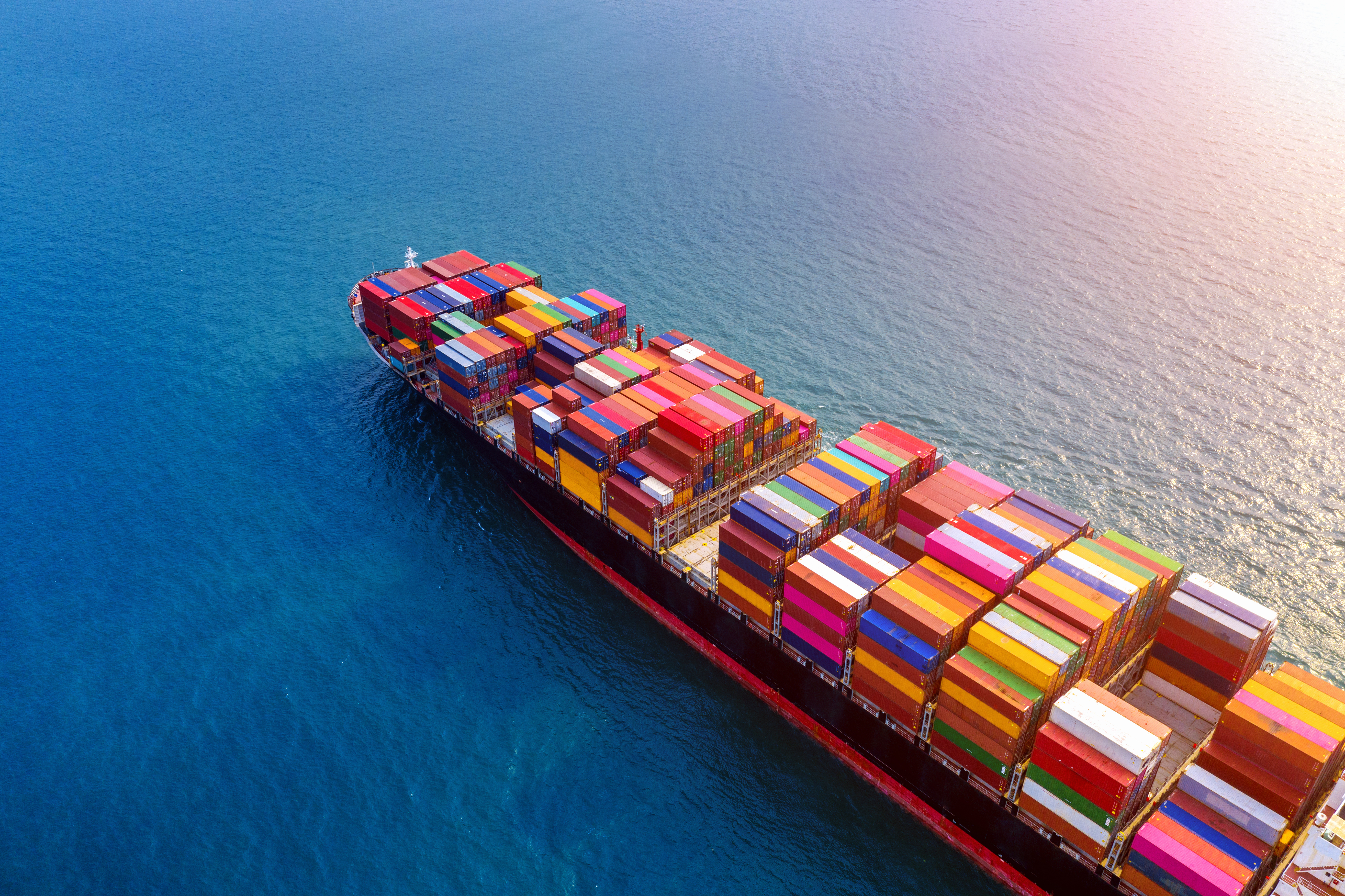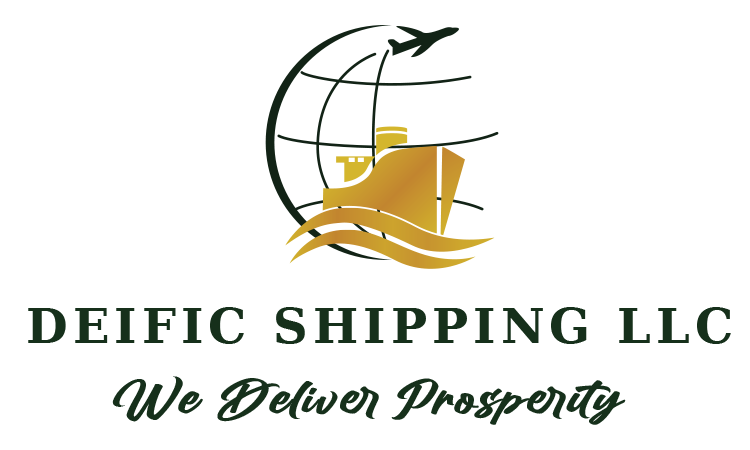Sea Freight
- Home
- Services
- Sea Freight

Sea freight, also known as ocean freight, is the process of transporting goods via large cargo ships across the world’s oceans. This method of shipping is ideal for bulk goods and large shipments due to its capacity and cost-effectiveness. Goods transported by sea can include everything from raw materials like coal and oil to finished products like electronics and clothing.
Cargo Insurance
Protect your goods against unforeseen risks with our robust insurance coverage tailored to meet your needs.
Online Tracking
Stay informed 24/7 with our user-friendly online platform. Track your shipments in real-time and manage logistics effortlessly.
Types of Sea Freight
-
Full Container Load (FCL)
This involves a full container being used exclusively for one shipment. FCL is ideal for large shipments where the volume of goods justifies the cost of a whole container.
-
Less than Container Load (LCL)
In this method, multiple shipments share the same container. LCL is cost-effective for smaller shipments that do not require an entire container.
-
Roll-on/Roll-off (RoRo)
This method is used for shipping vehicles. Vehicles are driven onto the ship at the port of origin and driven off at the destination.
-
Bulk Shipping
This involves transporting large quantities of unpackaged goods, such as oil, grain, or coal. Bulk carriers are specially designed for these types of cargoes.
Benefits
Benefits of Sea Freight
Cost-Effective
Sea freight is generally more economical than air freight, especially for large and heavy shipments. The cost per unit weight decreases as the volume of the shipment increases.
Large Capacity
Cargo ships can carry vast amounts of goods, making sea freight ideal for large-scale shipments.
Versatile Cargo Options
Sea freight can accommodate a wide range of cargo types, including hazardous materials, perishables, and oversized goods.
Environmental Impact
While not without its environmental challenges, sea freight is more fuel-efficient compared to air freight, leading to lower carbon emissions per ton of cargo.
Key Considerations for Sea Freight
Transit Time
Sea freight is slower than air freight. Depending on the route, transit times can range from a few days to several weeks. It’s essential to plan accordingly, especially for time-sensitive shipments.
Customs and Regulations
International shipping involves navigating various customs regulations and documentation requirements. Working with a knowledgeable freight forwarder can help streamline this process.
Cost and Surcharges
In addition to the base shipping cost, there are various surcharges and fees, such as fuel surcharges, port fees, and handling charges. Understanding these costs can help you budget more accurately.

Deific Shipping LLC is delivering customized logistics solution to clients across the world.
WhatsApp us
